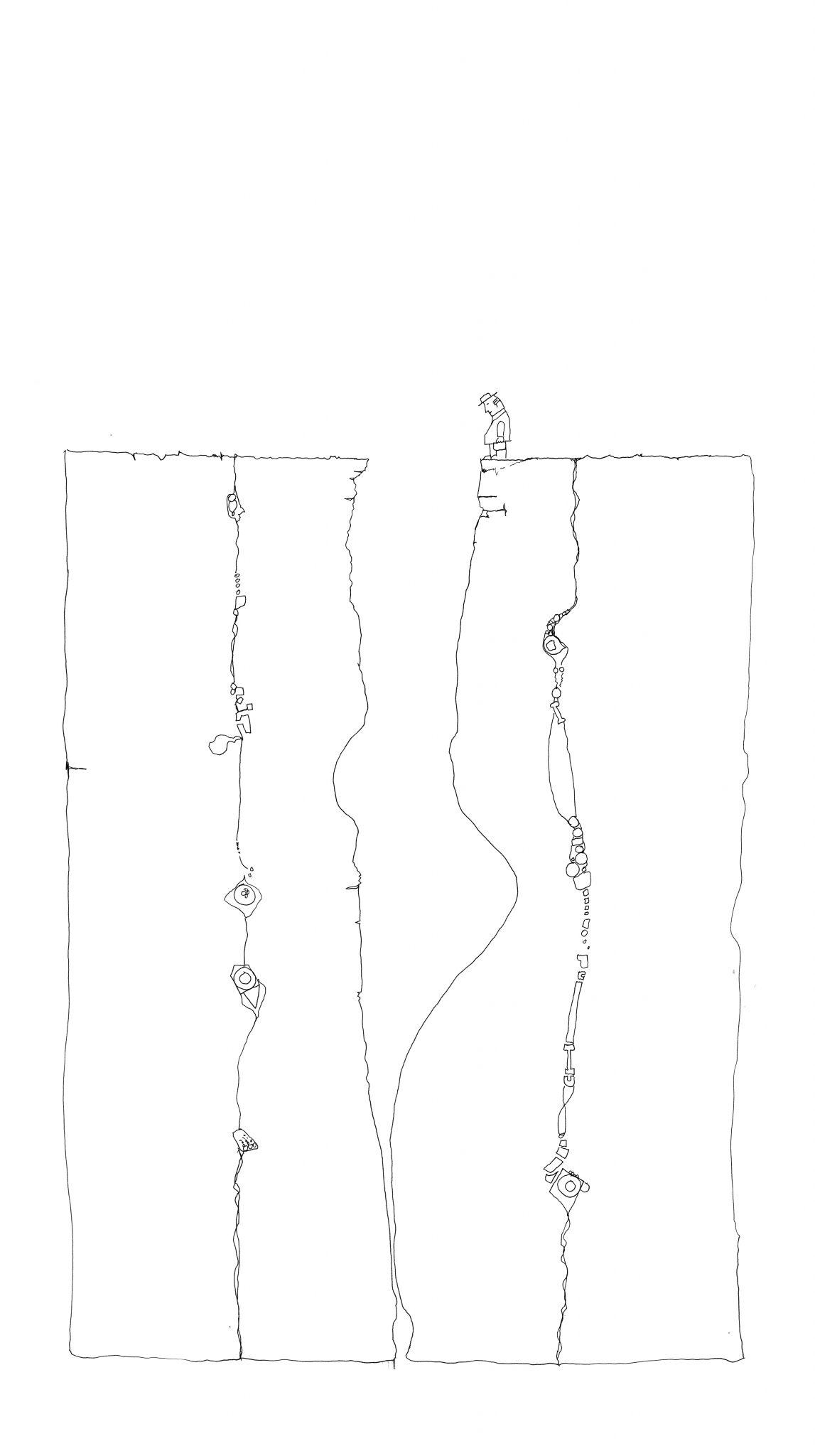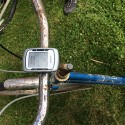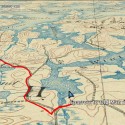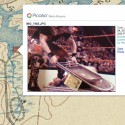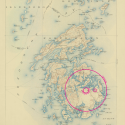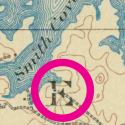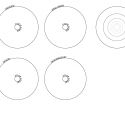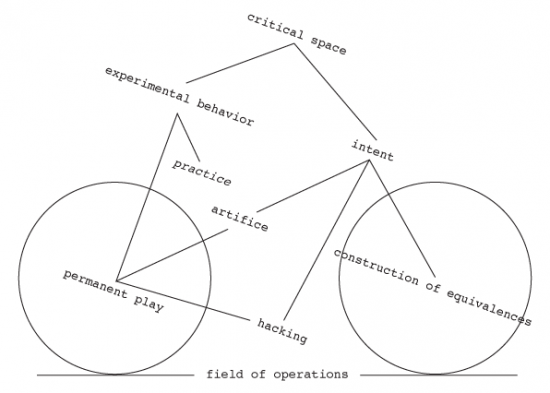An Ad Hoc Atlas
An ad hoc atlas then is a collection of hypotheses added to geographic space in order to save it (geographic space) from being falsified and to compensate for geographic space’s anomalies not anticipated by it in its unmodified form.
That being said, it might be worth noting that the work of an ad hoc atlas rejects falsificationism: it embraces its theories as it becomes increasingly burdened by ignored falsifying observations and ad hoc hypotheses.
ACCESS PROPOSAL
//////////////////////////////// application / questionnaire / revised
what are your interests in the topic ACCESS:
// Access allows movement, from point to point. In a way, it is a journey. Access then implies that the journey is not a simple thing; there is something to get over or around or the distance may be significant enough.
// Accessing a critical stance should be a simple thing, but apparentlyit’s not otherwise you might expect that more would be holding that pose(maybe reification is a stronger drug than we thought?)
// I am interested in how one can access criticality through practice. How does doing, responding to and reflecting upon place, in the form of journey and exploration, become critical?1 Hacking is a nice model to use. Not hacking in the common usage (which is actually cracking), but hacking as modification. Hacking repurposes its object/subject for a different means or end. Hacking is accessing an object/subject for a different means or end. It is a method of access, but one that is clearly imaginative and critical.
// To “express the virtuality of nature, to make known some instance of its possibilities, to actualize a relation out of infinite relationality, …”2
What would you contribute to DesignInquiry’s look at this year’s topic while you are here?
// In order to access a critical stance, and to offer a simple model ofhow, I will access/hack critical texts (Alfred Jarry, but maybe not) andoperations (situations, likely) and recuperate and modify these as a form ofboth empirical research (but not so much), living theater, and archive.
// A small stable of bicycles will be used to explore the landscape ofVinalhaven. Objects and places and agents will be assigned theatrical roles:the bicycle as the prosthetic probe; the geographic landscape as the criticalfield; their purposes hacked. The specifics of the physical, cultural, andhistorical geography will define critical frames or parallel contexts; theriders as the protagonist catalysts (or something like that.) DI participantswill be asked (cajoled, bribed, or shamed to) take on the role of probes andprotagonists using the critical prosthetics (bicycles, remember?) to exploreand track a critically inflected landscape (and asked to inflect themselvesupon it.) Prompts (offered by me and also anyone – a bulletin board will beprovided for DI participants to post these) will stage situations for theprobes to follow. Probes will be asked for documentation of their expeditionsby way of image (moving and otherwise), sound, track (GPS tracking equipmentwill be provided), drawing, poem, collected artifacts, whatever. The resultsof the week will be documented and mapped resulting in a final document andnarrative; a fictional work of design research which aims to model ofcritically hacking the landscape into a critical space (or failing to do so.)
What could you imagine contributing to the topic and DI’s mission ofdisseminating the questions, immediate or longer term outcomes after thegathering?
// This could (should!) be posted online as a collection of documents a mash-up of images, words (sounds and moving images?), and digital maps – aatlas of sorts – that realizes a newly formed landscape positioned in parallel critical universe.
///////////////////////////////////
1 SI’s situations and dérives are obvious precedents, but I don’t want to dwell on this. I think that they are however excellent starting points that allow experience and imagination to converge.
2 Wark, M.K. A Hacker Manifesto. Harvard University Press, 2009.

